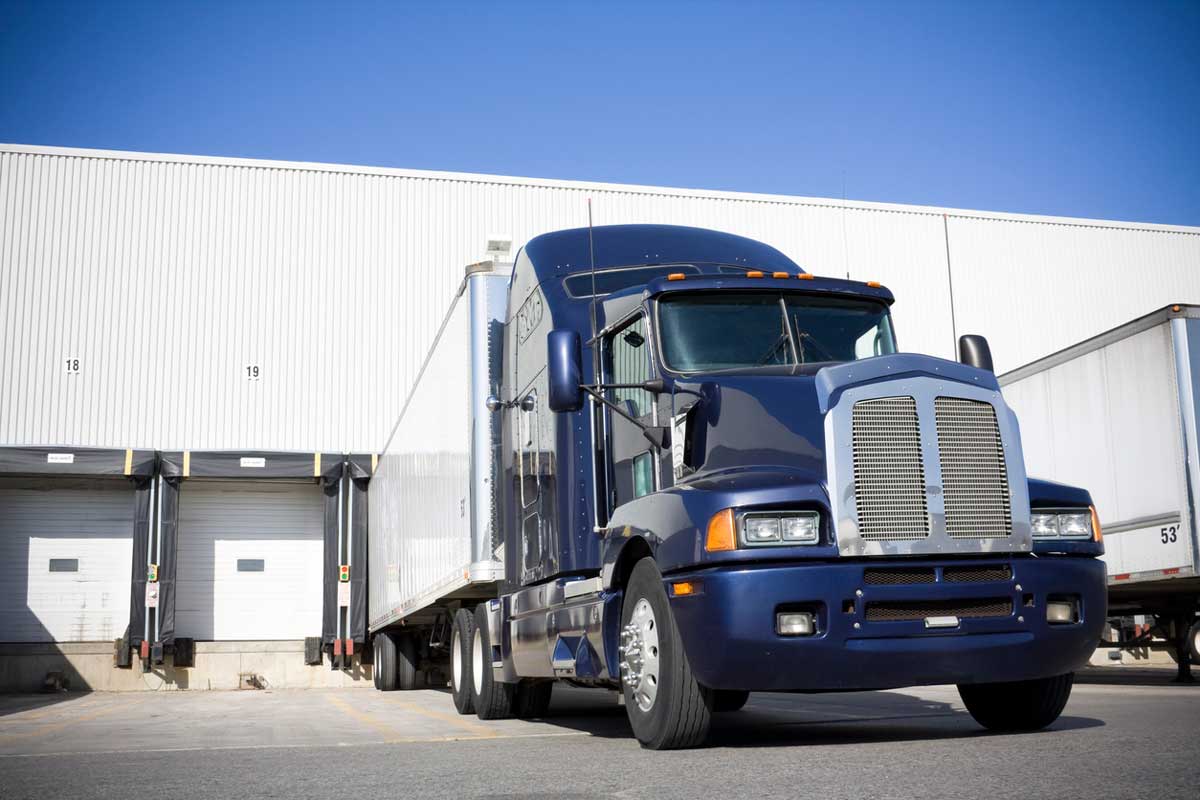
What is Truckload Freight (FTL) shipping?
Truckload freight shipping (FTL) involves transporting goods that occupy the entirety of a truck trailer. It’s commonly utilized when a shipper has enough cargo to fill the entire trailer, especially for time-sensitive or specialized handling shipments. The method could also be used for high-value shipments requiring direct transportation.
How is FTL different from LTL?
Full truckload shipments dedicates an entire trailer for your shipment allowing the shipper has full access to the entire trailer and space. In less-than-truckload (LTL), the shipper pays for the space on the trailer. LTL shipments are shipped through terminals to consolidate and move similar bound shipments together, a process that may cause transit delays and higher risk of cargo damage. FTL shipments are shipped directly from the shipper to the consignee, providing faster transits and safer handling transits.
Benefits of FTL Shipping
Truckload shipping offers advantages such as quicker transit times, minimized handling and lower risk of damage, dedicated capacity for your shipment, and increased scheduling flexibility.
Selecting the Right Truckload Equipment
The three main types of truckload equipment is a Dry Van, Reefer, and Flatbed. There are other specialty equipment that you can read about here.
Dry Van Equipment
Dry Van’s are the most common equipment type in truckload shipping. The trailer is a fully enclosed trailer that is usually 53′ long. Box or straights trucks are a shorter type of dry van meant to haul less space shipments. These trailers haul general freight that do not require any special requirements and generally up to 44,000 lbs.
Refrigerated or Reefer Equipment
Refrigerated Equipment, or commonly known as Reefers, are enclosed dry vans with a special refrigeration attached. This trailer is generally used for freight needing temperature control, such as produce or frozen food. The standard length of these trailers are 53′ long, but the refrigeration unit may affect the full capacity of the trailer. Some shippers elect to use reefers for dry van shipments with the unit turned off, however some products may not be able with humidity challenges.
Flatbed Equipment
Flatbed equipment are trailers with access to every side of the trailer. This trailer is used generally for overlength, heavy, or other freight requiring side loading. Common services with flatbed include strapping or tarping the load to ensure the freight is secured. Specialized equipment fall into the flatbed category with step-decks, Conestoga, hotshots, and others being a variation of a flatbed.
Booking a Truckload Carrier
There are over 1 million registered for-hire trucking carriers in the United States so it may be over-whelming to find a suitable carrier for your needs. A shipper finds a truckload carrier through relationships, freight broker partnerships, local carriers, load boards, and many other ways. In most cases, relationship building with known carriers is the best way to find carriers to move your freight. However, there may be times where a truck is needed and your relationships do not have capacity or the right equipment.
The easiest way for a shipper to book truckload carriers is utilizing a 3PL Freight Broker. The freight broker will act as an intermediate between the shipper and the carrier and provide reliable options for the shipper. The best 3PL freight brokers offer freight technology to vet, monitor, and book with truckload carriers. For example, TLI partners with industry-leading carrier monitoring services to ensure all carriers are vetted in their network. While also providing a state-of-the-art TMS system for shippers to book freight in.